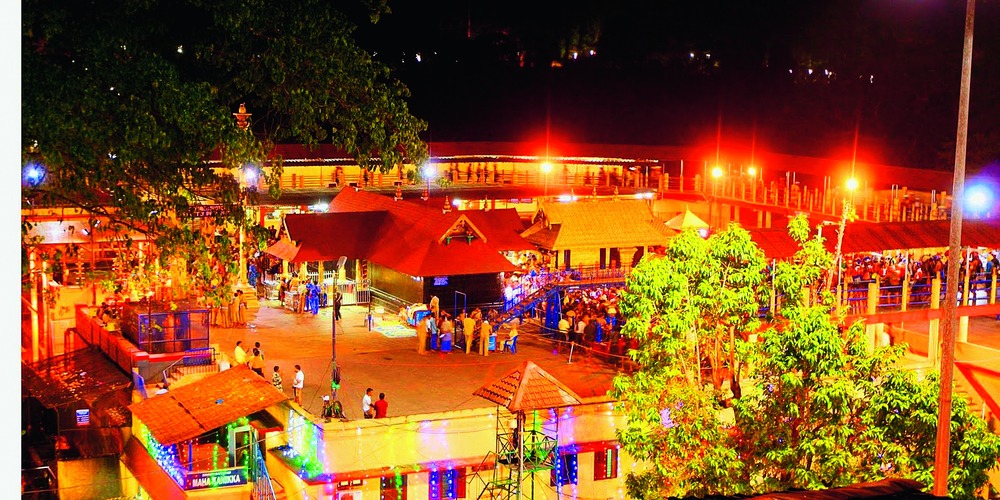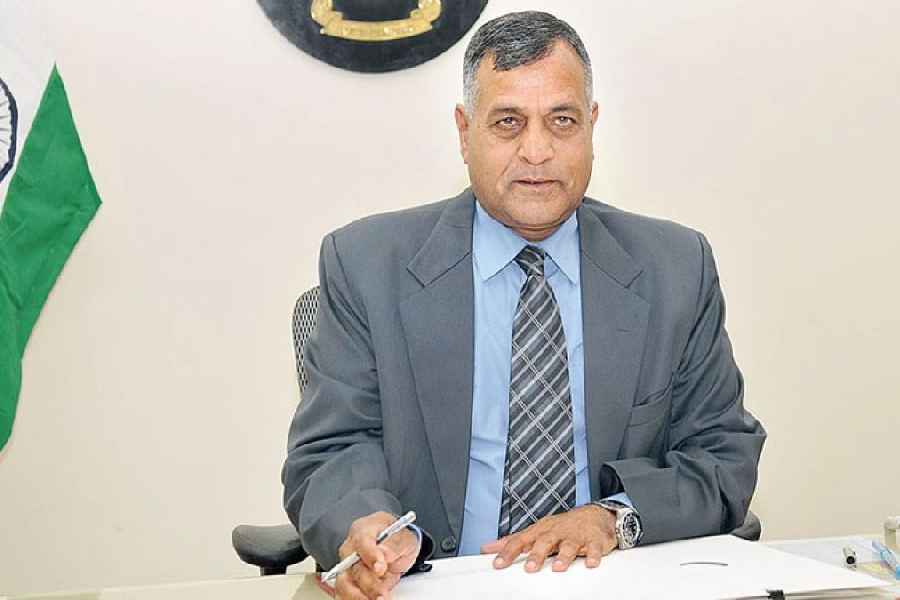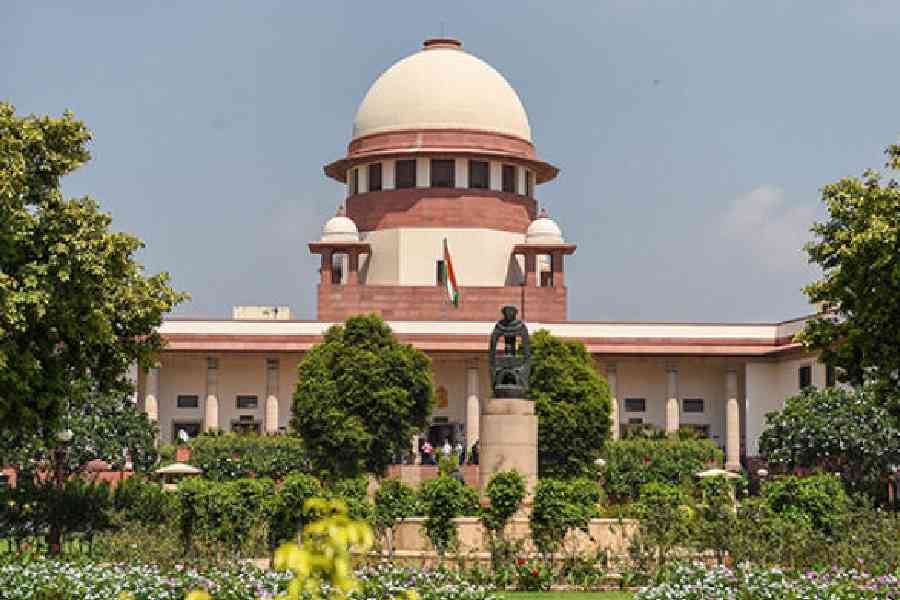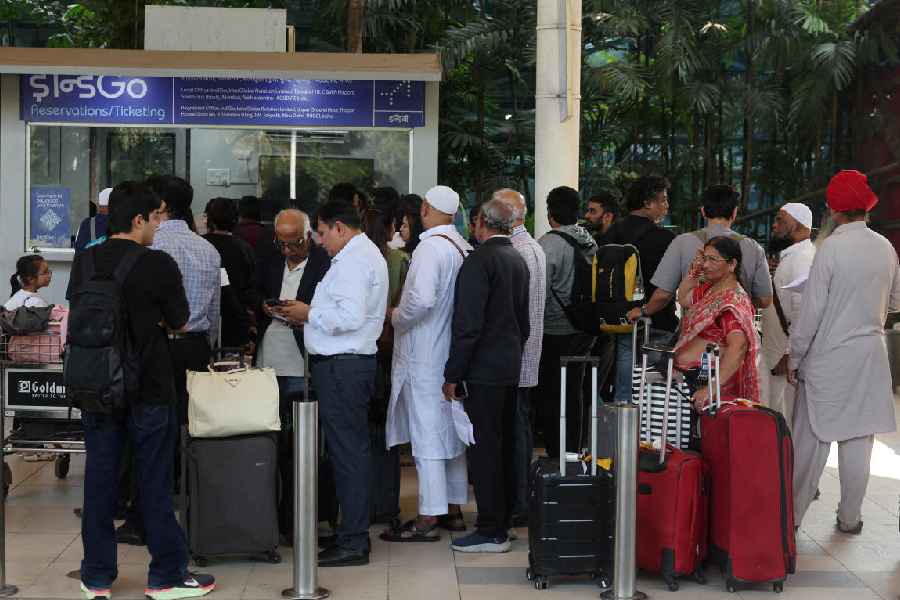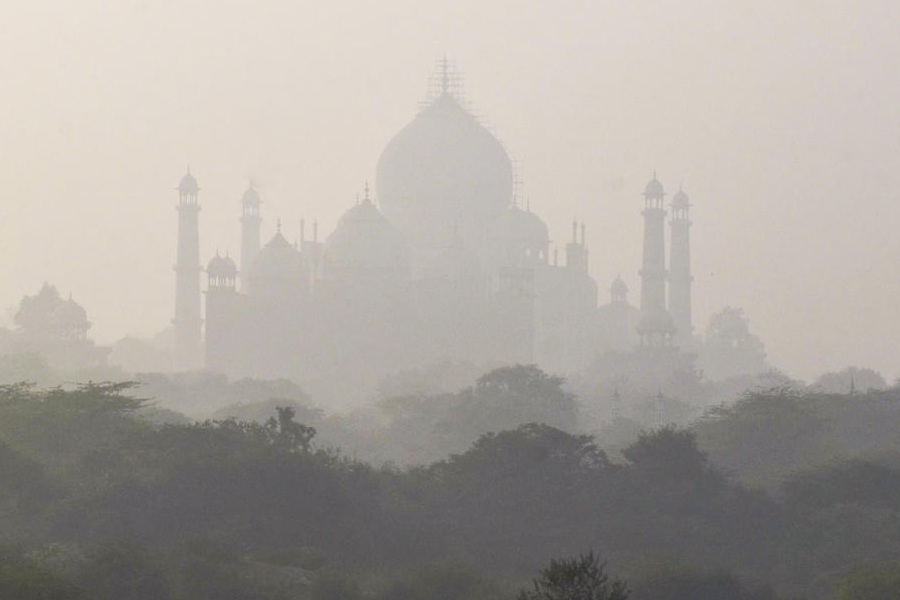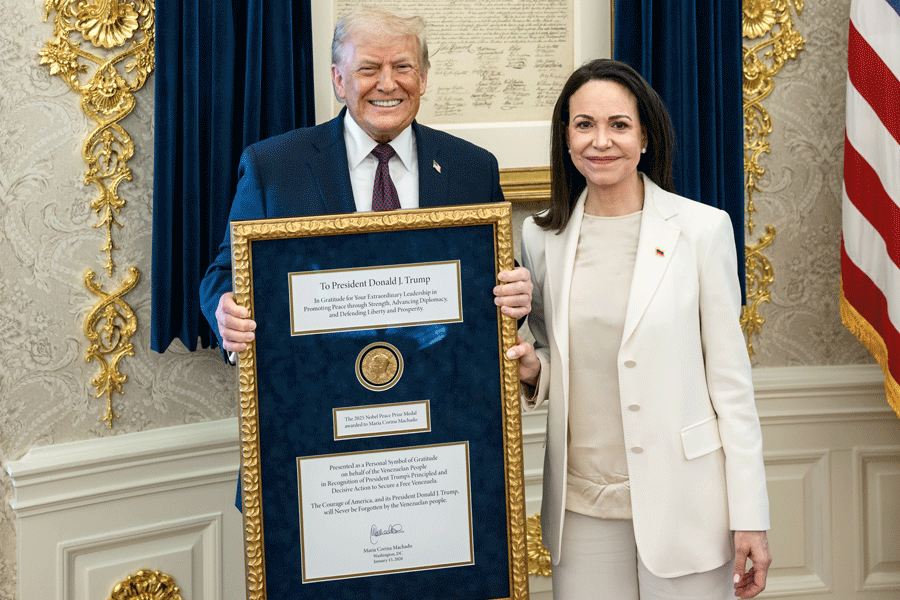
Dec. 28: Every night for decades, the "lullaby" has lulled Lord Ayyappa to sleep in Sabarimala in Kerala.
Now, the heavenly voice that sung the song has revealed an error and offered to re-record what has become one of the most famous bhajans in the state.
K.J. Yesudas, who is worshipped as a living legend in Kerala, had sung Harivarasanam (which loosely translates as One Who Sits in the Supreme Throne) for the 1975 Malayalam film, Swami Ayyappan.
The song was the product of an uncommon confluence: Yesudas, the singer, was born Christian and the music director was the late G. Devarajan, an atheist who set to score some of the signature songs of the communist movement in Kerala.
Harivarasanam has been in use at Sabarimala since the 1950s. But the version of Devarajan and Yesudas cast such a spell that the Devasom Board, which governs temples in Kerala, conferred a special award on Yesudas and announced that the song would be played every night in Sabarimala when it closes after the evening puja. Yesudas recorded the song afresh, which has since then been played in the temple.
The appeal of the devotional song stayed undiminished over the years. So much so that many a pilgrim can be seen holding out their mobile phones after the puja, broadcasting the "lullaby" to their near and dear ones back home.
Yesudas had spoken about the mistake earlier too but the details became clearer earlier this month when he gave an interview to the Malayalam magazine, Kalakaumudi.
The singer, a stickler for diction, said: "Five years ago, I had gone to sing in an Ayyappa temple in Anna Nagar (in Chennai). I had been singing there for a long time. The temple priest there took me to his room and told me, 'Child, listen carefully, this is not an accusation. In Harivarasanam, don't sing 'aruvimardanam'. They are two words - ' ari' meaning enemy and 'vimardanam' which means destruction ( ari vimardanam - destruction of enemy), and must be uttered separately.''
In some versions of the song, the difference is hardly apparent. The song uses many Sanskrit words but several Malayalis, while singing it, replaced the word " ari" with "aruvi", a Malayalam word that means a small stream or brook.
Yesudas, now 76, said that since that day in Anna Nagar, he had made up his mind to sing and record a revised version if given the opportunity.
The Malayalam daily, Mathrubhumi, reported that chief priest Kandaru Rajeevaru was open to using the new version in the temple as and when Yesudas re-recorded it.
Prayar Gopalakrishnan, president of the Travancore Devasom Board which manages the temple, has supported the idea and said the board would follow it up after the ongoing pilgrimage season ends. "We will have to consult experts on the matter and then approach Yesudas. It is a detailed process and can be done only after the Makaravilakku (makar sankaranti) festival (on January 15)," he said.
It was once believed that the sonnet was written by one Kumbakkudi Kulathur Iyer. But subsequently, suggestions emerged that Iyer had only compiled the verses which were penned by a devotee, K. Janaki Amma, in 1923.

